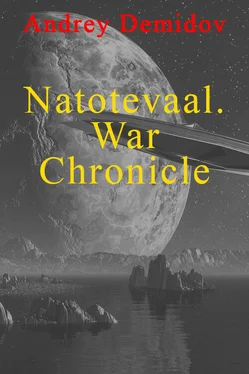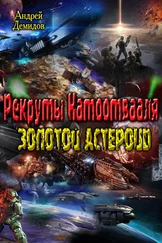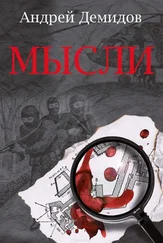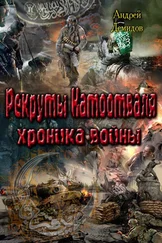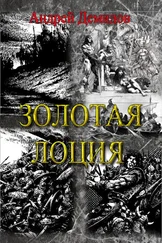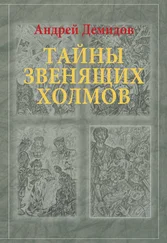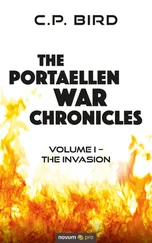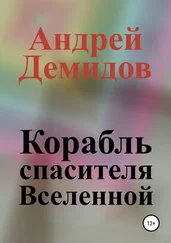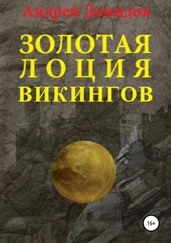For example, the metaphorical transfer is often used inversely, if the standard step is to compare technical progress with natural or magical, the device of reverse provides a unique effect.
Thus fiction forms, constantly reproduces and maintains a special horizon of expectation in the space of the absence of the true/false opposition, in other words, creates new evidence with the help of the self-extracting code and its reader, who has a taste for such a recoding and other similar intellectual procedures.
The subject-indicating focus of language means is transformed by the means of fiction discourse in the functioning process into subject-projecting, the goal of which is to reveal the unprecedented.
Thus, science fiction acts as discursively embodied means of literature and/or visual arts (painting, drawing, sculpture, movie…) as something given, represented, described, but nonexistent, but real and materialized at the same time – unlike, abstract art for instance.
The peculiarity of the fictional in this sense is mostly defined by separation from the rest and self-restraint, by the act of mental balancing in testing the different types of discourse.
The most widely open and extremely pointed (though, again, not to a radical break) fiction discourse becomes the generative source for filling the gaps in lacunae, detected in the accepted discourse or the worldview.
Fiction is attractive due to its invincible variety; it opens new conceptual space and carries away to an amazing, wonderful, mysterious, unknown, unusual, supernatural and going beyond the limits.
Like a mental experiment in physics (Maxwell's demon, Schr;dinger's cat, Einstein’s elevator) fantasy provokes construction of unexpected concepts in other sciences, including a collection of imaginary constructs that have numerous applications – the imaginary logic of Vasilyev, the unspeakable communities and imaginary social institutions.
But this goes far beyond science, of course, – Tolkien's epic "The Lord of the Rings" for example, could easily be interpreted as a full-fledged version of a modern esoteric doctrine.
At the attempts to locate science fiction into a tight conceptual grid it often happens that all the definitions fade and moreover blur the stereotypical schemes of perception and thought.
Science fiction fans are well aware of the harm which "science-fiction mass consumption products" do to this genre.
Heroes there are substituted with schemes (even super-schemes), supermen with crystal-clear and empty soul.
With stagy ease these "heroes" use their abilities in time and space, unlimited even by common sense.
Cinematography did not go far beyond from the publishers in this sense, making new "supermen" and new "star massacres" rich with dynamics which are made at a really fantastic technical level.
Therefore, the appearance of such work as a novel by Andrey Demidov "The Natotevaal Recruits" should become a significant, and even iconic event not only in the paradigm of fiction, but of the literary process in general.
Why are we talking about literature in general in this case?
Because literature is always a non-fictional (and sometimes distorted) reflection of the present.
But can we say that works of fiction genre reflect the future?
No, we cannot.
The present is refracted and repeated in a special form in them.
The future – is just a prism through which science fiction writer considers his time, his contemporaries. However, this prism still allows the readers to see features of future in the present.
That is why we can confidently say that fiction helps a person in a world, that is changing with tremendous speed, especially nowadays, when the rate of change has dramatically increased, and all these changes can be both beneficial as well as threatening to the mankind.
Fiction, that describes possible changes, prepares a person for a real change and helps either to adjust to it or to change oneself.
But are these changes of human nature really needed and are they possible?
We live in a world, predicted by science fiction writers decades ago.
Andrey Demidov’s protagonists live in a world, the suppositions of which we are making today, the premises of which we can see even now.
It is a world in which the most formidable predictions of science fiction writers and futurists have come true.
A world, in which nuclear weapons have been brought into play, killing millions of people and a world, where the survivors envy the dead.
This is a world where Christian and Muslim civilizations meet in a deadly combat, a world in which tolerance and liberalism have been completely refuted.
This is the world where the danger of physical, intellectual and moral degradation of the mankind as a whole – is an obvious fact, the everyday reality of life.
Essentially, it is a world without a future.
Andrey Demidov’s heroes do not even get a chance to think about the future.
They have other problems to deal with.
Their past is war, their present is war, and their future – mysterious, enigmatic and unknown – will most likely result in war.
War – is the occupation of the novel's characters.
They are fighting for their race, their land, their families, but by chance they will have to take part in battles of a totally different level.
In childhood, joyfully shooting the space fleet of "the evil empire" on cheap game consoles, the novel's characters naively believed that monstrous plans of "Star Wars" would be carried out somewhere far away from Earth and certainly never dreamed of being at the forefront of these space wars, but soon… In a while they are going to find themselves taking part in a totally different war:
“Getting out from a pile of floppy disks and coils of a collapsed rack of the archive, Whitehouse was anxiously listening to the established silence.
The emitter of «Das Rhein» was quiet.
Mackliff was pottering about nearby, "Yes, it has been a long time I was hit in the face like that…"– he said, letting trickles of blood pour into the weightlessness down his smashed nose.
The speaker of internal communication rustled again:
– ‘Das Rhein’ calls up ‘Independence’, ‘Das Rhein’ calls up ‘Independence’.
Raumwaffe Colonel Manfred von Conrad speaking…As a result of penetration of a cumulative rocket, depressurization of all compartments has occurred. I beg permission to move to your Shuttle.
Whitehouse approached the microphone as quickly as it was possible:
– Yes, hurry up. We will open the lower gateway.
German astronauts appeared in ten painfully long minutes.
Covers of cadmium suits were torn apart; glass of pressure helmets was smoke-stained, identification badges looked faded.
Their eyes were empty, staring at one point. Their faces looked like the astronauts have just returned from the underworld. There were four of them, Colonel von Conrad, Navigator Eichberger and board gunner Hoffman, who was laid next to the fourth, Matthias Leiseheld, whose body was inside a funeral package with a small black-and-red-and-yellow flag pinned to the chest.
He was killed when one of the missiles hit the emitter tower.
– Well, what do we do now? – Eichberger asked gloomily.
– Allah Akbar. That's what. – Von Conrad looked up at his Navigator with his dull eyes, reddened from capillary bleeding, and brushed the edge of his hand across his throat.
A game of this self-confident giant with legless midgets went on for several minutes, after which the remaining Stergs were turned into rubble with a few exact salvos.
– Now, that’s what I call real war! – Von Conrad broke the deathly silence and clapped his hands. – Bravo, Swertz.”
Soon the soldiers from Earth will become space soldiers, the recruits of Natotevaal, and the victory or the defeat of the space race, for which they have decided to fight, will depend only from them.
Читать дальше
Конец ознакомительного отрывка
Купить книгу
